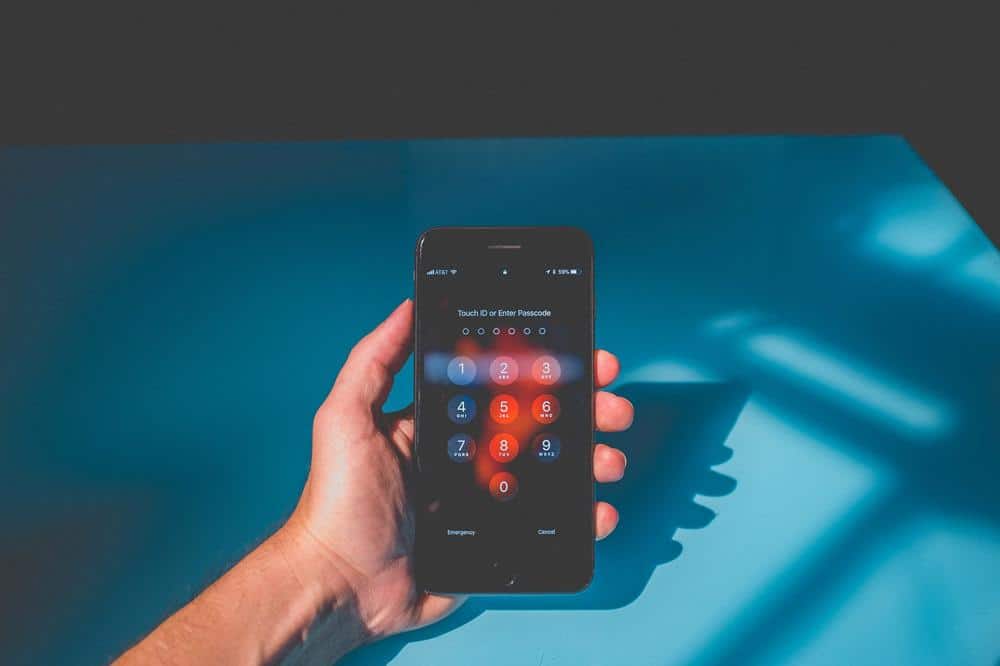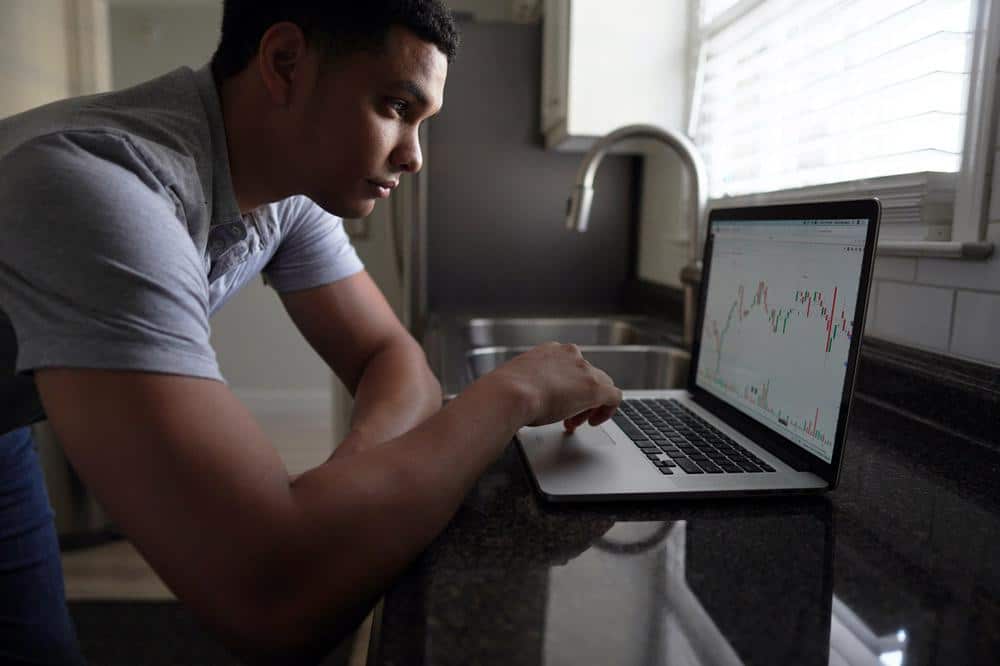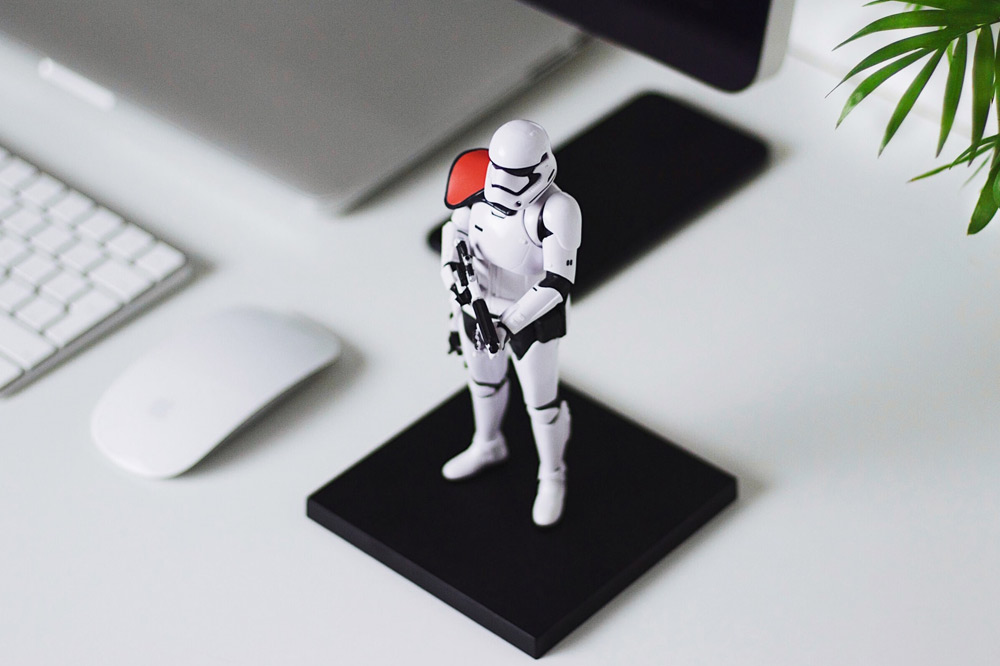Trading with cryptocurrencies can bring you immense riches or devastate you financially if you are careless. Digital assets operate under blockchain technology that implements stringent cryptocurrency security, discouraging hackers from infiltrating the network.
Despite these active security measures, trading in digital assets does bring risks that you must consider, especially if you want to maintain your currency to use at the best crypto casino.
Risks Of Holding and Trading In Crypto
Hacking
Many investors use crypto exchanges to store their cryptocurrencies as it is convenient. Despite the strong cryptocurrency security measures implemented on these exchanges, they are still prone to occasional criminal activity and being hacked. Such weaknesses have seen investors incur damaging losses from time to time as their funds are wiped clean by hackers.
Phishing Attacks
With Phishing attacks, hackers use websites or platforms that appear authentic to deceive you into entering your login details and password. Once they obtain your details, it is relatively easy for them to access your funds.
The main types of phishing attacks are:
- Phishing websites where criminals use fake websites to get your login details. These are usually found through fake ads online. Always ensure the website address is correct before entering any login details.
- Email phishing is where criminals send emails that appear to be authentic to get your login details. To ensure your cryptocurrency security, always check the email source and ensure that the website you are directed to is the correct one.
- Spear phishing is where criminals attempt to get your information directly from you if they know you own cryptocurrency. They may disguise themselves as employees from the crypto company you are registered with and contact you directly to gain your trust. Never share your details with such imposters.
Fraud and Scams

There is an explosion of fraudulent activity and scams in the crypto market, with criminals’ underhanded methods becoming more resourceful to lure unsuspecting traders. Some of the most common ways include:
- Fake Crypto Exchanges
- Ponzi Schemes
- Fake Cryptocurrencies
- Malware and Ransomware
- Pump and Dump Scams
Since the cryptocurrency market is relatively young compared to traditional financial markets, a growing number of investment scams aim to take investors and traders for a ride. Scams manifest in all shapes and sizes and can be easily identified with some help from us.
Types Of Scams
- Cloud mining scams – incredibly, 99% of all cloud mining operations are suspicious. Seasoned bitcoin miners will testify that profit margins on mining are extremely low. Many cloud mining scams offer unreasonably high-profit margins that lure unsuspecting investors. Make sure to steer clear of these gimmicks.
- Multi-level marketing scams – you can easily notice this type of scam when the company appears to market its referral program more than the actual product you want to invest in. If this happens to be the case, your investment will likely be used to pay existing investors their dues. This scheme has only one end, leaving a trail of financial destruction for heartbroken investors.
- Ponzi schemes – with this type of scheme, you will be convinced that this company has found a secret technique or special method to yield exceptionally high returns for your investment. This could be through exploiting some technical aspects of the crypto market or trading on your behalf. The cold hard truth is that if this company had a winning formula, they wouldn’t need your investment to succeed. Be sure to walk away quickly when approached with schemes of this nature.
For investors tricked by these schemes, this can prove to be devastating in a financial sense. Always be alert to offers that sound too good to be true, as the lure for quick riches can be enticing.
Cryptocurrency Security Tips & How To Trade Safely

You must realise that investing in cryptocurrency takes your risk to a different level.
That said, you must follow the basics of online cryptocurrency security before taking appropriate measures to secure your crypto. Put different passwords in place for each account, don’t fall for phishing scams, and don’t entertain calls from people pretending to work at tech support.
You must remain vigilant at all times to protect yourself from evil activity.
1. Choose Your Crypto Exchange Wisely
Crypto exchanges are platforms traders use to store crypto and buy and sell digital currencies. There are hundreds of crypto exchanges on the market, so it is crucial to make an informed decision based on the level of security offered.
Read about each exchange, review their reviews, and chat with experienced traders before choosing a secure one.
2. Plan Where To Store Your Crypto
Just as you would protect your cash and possessions from theft with proper storage, traders use certain measures to store their crypto safely. Most investors store their crypto on an exchange or in a wallet. Each of the exchanges offers different levels of security, while each wallet has its requirements, benefits, and security measures in place.
Crypto wallets are classified as hot or cold. A hot wallet includes cloud wallets, software wallets, and exchanges. It is typically connected to the internet and can be accessed anytime. A cold wallet includes hardware wallets, offline paper wallets, and USB devices or similar. It is not connected to the internet and is meant for offline storage.
Hardware Wallets
Hardware wallets are incredibly secure as crypto is stored in a physical offline location. It is usually a physical drive that offers exclusive access only to the owner of that crypto. Once you connect to the hardware wallet to send or receive crypto, you are always prompted to back up if you lose access. When backing up, it records a recovery seed from which you can access your funds if your wallet is damaged, lost, or stolen.
Paper Wallets

Paper wallets are another way to store your crypto in a physical location offline and work similarly to a hardware wallet.
You will need a printer and a single sheet of paper to create a paper wallet. It consists of one QR code for making deposits and one for storing private keys. Once you scan the code, you can access the paper wallet for deposits or withdrawals. The risk with this is if anyone other than the owner has access to the private key, they can access the paper wallet.
In light of this, the paper wallet should be kept in a safe or lockbox.
Hot or Cold Wallets
Most traders have both hot and cold wallets that they use for different reasons. Hot wallets are more convenient when they wish to trade frequently, while cold wallets are suitable for the long-term storage of digital assets. It is safer to store your crypto in a cold wallet.
Custodial Wallet
A custodial wallet is one where a third-party provider controls access to your funds and is typically a crypto exchange or trading platform. Custodial wallets are not the most secure when storing your funds, as there have been instances where hackers have successfully breached cryptocurrency security measures and accessed traders’ funds.
3. Enable Two-Factor Authentication
When selecting a digital wallet, choose one that offers two-factor authentication. This gives an extra layer of protection for your funds as it requires an additional verification screen before any transaction is concluded. Usually, the digital wallet will request a two-factor verification code when access is requested.
4. Encrypt Your Digital Wallet
With two-factor authentication, it is a great idea to encrypt your digital wallet to protect yourself from being hacked.
With encryption, you can set a unique password that locks your crypto when any third party attempts to access it. Hackers cannot access your crypto unless they have your access password.
5. Backup Your Wallets

Some digital wallets offer traders the opportunity to back up their data. This is particularly handy as you can still access your funds if software or computer fails. Backups are also helpful in retrieving your funds if they ever get lost. Traders usually have multiple backup devices that make it easier to recover and access their data.
6. Use Multi-Signature Features
If you are storing substantial amounts of crypto, it is advisable to use a multi-signature wallet. Many of the digital wallets on the market have this feature. If it is activated on your wallet, it will request the digital signature of multiple authorised users before allowing access.
This makes it extremely difficult for hackers to infiltrate and access your crypto, as access is only granted once all authorised users have approved the login to that digital wallet. Always check if that wallet has the multi-signature feature available when looking for a digital wallet.
7. Update Your Software
It is essential to conduct regular software updates on your wallet and computer as you will benefit from the latest security upgrades, features, and improvements.
If you are unsure how often to run the software updates, you can turn on automatic updates and notifications to seamlessly perform that task. This will give you peace of mind knowing that your software is up-to-date and giving you the highest protection.
8. Change Your Passwords for Different Accounts
Many traders have multiple accounts online, and some use the same passwords across multiple platforms. This is a massive risk to your cryptocurrency security, as exposure to one password might mean hackers can access all your accounts. One of the best online security practices is creating strong and unique password combinations for each account.
Strong and unique password combinations include a mixture of upper and lowercase letters, symbols, and numbers that will be very difficult to crack. Make sure never to share your passwords with anybody. If you are writing your passwords down to remember them, you must store that in a secure place like a safe.

When choosing your password, you must avoid common types like names, birthdays, and addresses. Professional hackers can sift through 350 billion password combinations each second, so make sure your password is as unique as possible.
9. Be Wary Of SIM Jacking
There has been a recent trend of SIM Jacking, which has infiltrated the blockchain ecosystem. SIM Jacking is also known as SIM Swapping and is an increasing threat for crypto traders. Once criminals gain access to your mobile account, they can migrate that information to any device and gain complete control.
With your phone number now under the hacker’s control, they can access all your crypto accounts using the account recovery process with your phone number and other information available on your phone. While there is no sure way to stop this from happening, make sure to deactivate or block your mobile account if you suspect that something untoward is taking place.
10. Get In The Habit Of Testing
Before fully committing to your trading experience, test small transactions and tiny amounts to ascertain how transfers work. Never manually type out addresses, as many traders have lost vast sums of funds with typos and sent the funds elsewhere. Form a habit of copying and pasting addresses, and double-check that the addresses are the same.
Before transferring your digital assets into your hardware wallet, test your seed phrase. Getting into a habit of testing will avoid costly mistakes that could happen.
Final Thoughts
The blockchain industry and crypto market continue strengthening their cryptocurrency security portfolio as hackers and criminals find creative and believable methods to conduct illicit activities online.
Despite their deceptive efforts, there are many effective ways to mitigate security threats when trading crypto. By remaining vigilant and following recommended security protocols, you can enjoy a safe crypto experience. Stay aware and good luck!













